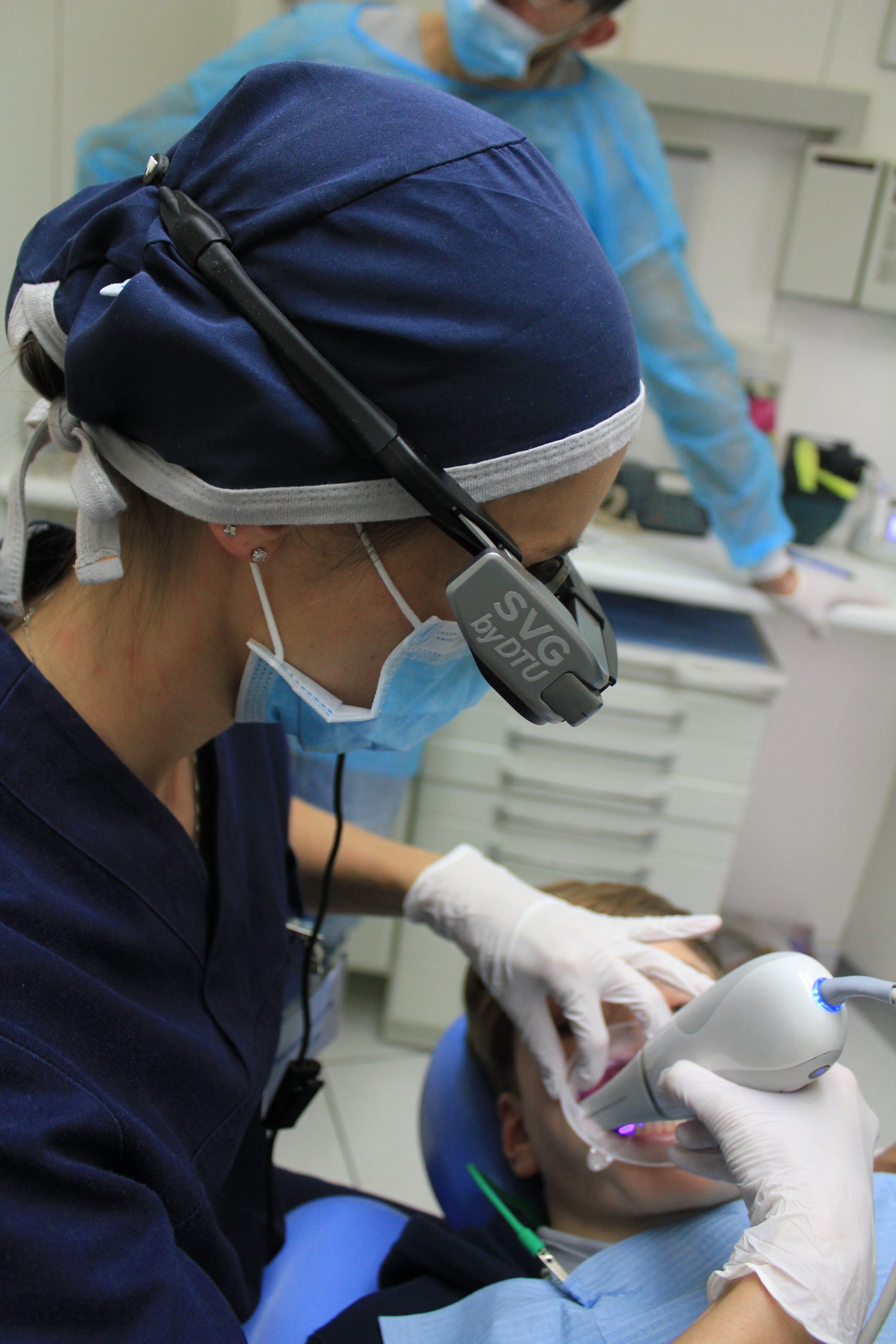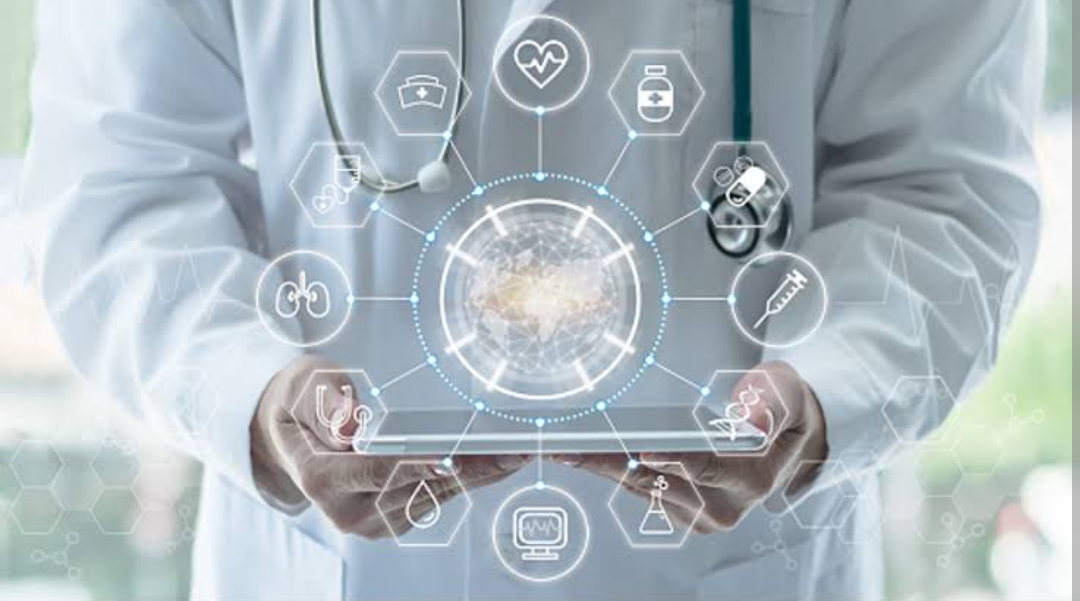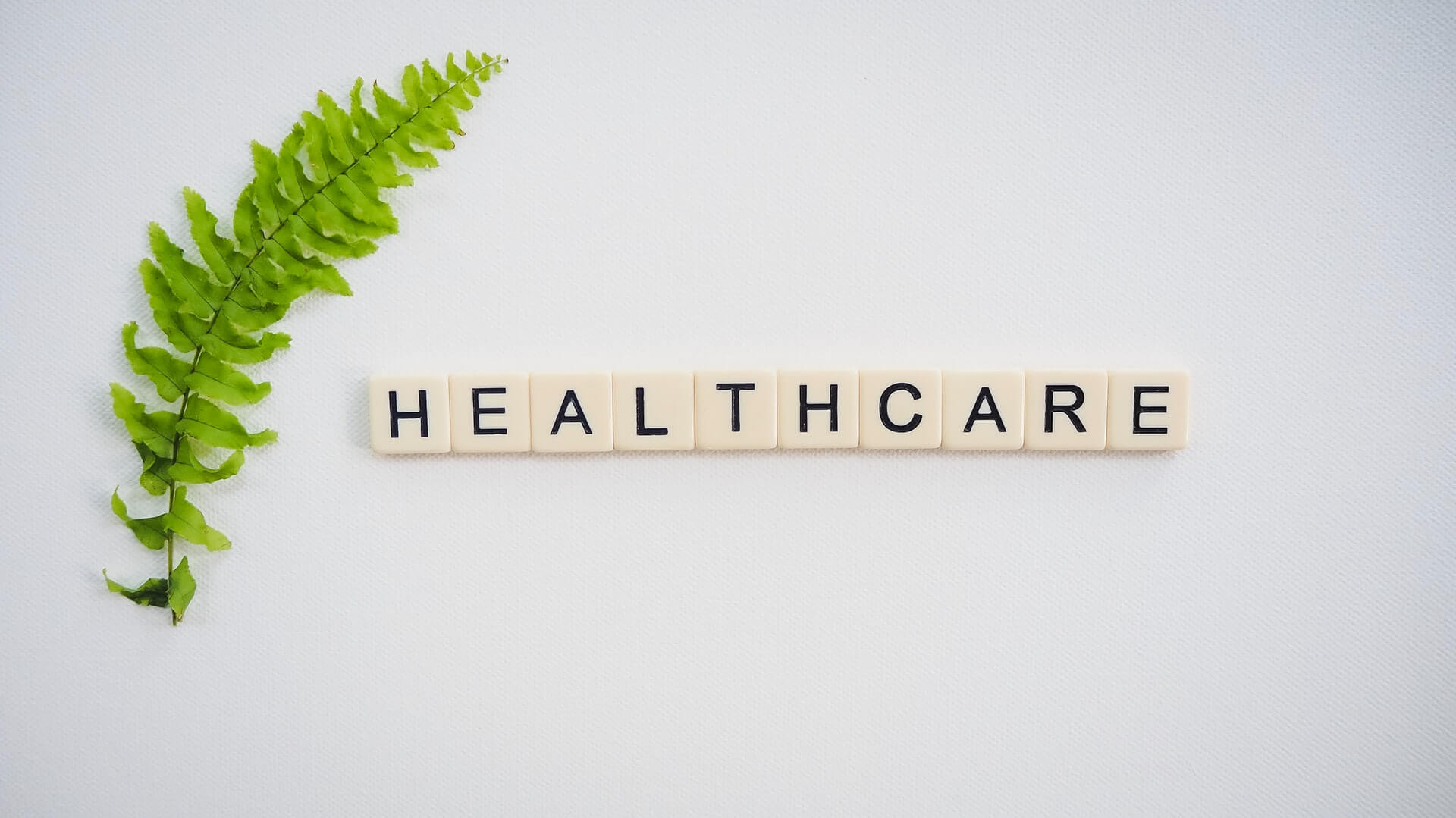
Analytics for Smart Healthcare is empowering data in healthcare
Quality of care is difficult to define, but there is a growing consensus that health services should be judged on their ability to be effective, safe, and people-centered. Analytics for Smart Healthcare may be used to detect problems and assist healthcare organizations in improving in certain areas. Data analysis can aid health-care organizations in allocating resources to increase efficiency and population health. But, more crucially, it could help to alleviate patient care. Here is how data analytics can be used to pave the way for Smart Healthcare.
Broadening the access to care
Although insurance coverage is usually linked to access to care, analytics systems could give crucial population health data and allow governments to establish care centres based on patient records. Analytics on medical records, for example, could reveal locations and customer demographics that are more prone to diabetic issues. Governments can use these data to establish care centres to better manage diabetic patients in these areas.
Big Data
Healthcare data analytics and big data for smart healthcare are becoming increasingly crucial in every area of healthcare decision making, given the prevalence of healthcare data generated by business activities within the healthcare industry. In reality, big data has the potential to lower treatment costs, forecast epidemic outbreaks, prevent preventable diseases, and improve overall quality of life. Making these benefits a reality by transferring data from smart health devices in a suitable format to downstream systems has been a big stumbling barrier until recently. However, a new breed of healthcare technology that focuses on the use of big data analytics for smart healthcare has revolutionized and simplified the processing of data provided by medical information systems (MIS). For forward-thinking healthcare service providers, big data analytics for smart healthcare has turned out to be crucial in not only capturing device information digitally but also normalizing it, providing patient context, and transmitting it to downstream applications that use it in a wide range of innovative ways.
EHR records
One significant feature of the health-care system as reform continues is the fast use of electronic health records (EHRs). The expansion of electronic health records (EHRs) will provide for unparalleled access to clinical data as well as cost reductions. The amount of the cost savings has yet to be determined, but there is no doubt that EHRs improve health care providers' access to patients' records.
Evaluating Performance
The introduction of analytics, together with the seismic shift away from volume care to value-based care, gives new methods to evaluate the performance and effectiveness of health care practitioners at the point of delivery. Data analytics can be used to provide continual feedback on health care practitioners using ongoing performance evaluations and health data connected to patient wellness. As health care analytics become more well-understood and deployed, beneficial changes in the patient experience and quality of care are expected.
Today, big data analytics in smart healthcare is a critical component in increasing the value of smart health devices and the data they generate, resulting in a slew of benefits for healthcare providers. Analytics for smart healthcare services can assist healthcare service providers improve operational efficiency by providing real-time information that can support choices and generate actionable insights when combined with insights from BI and data visualization tools.













